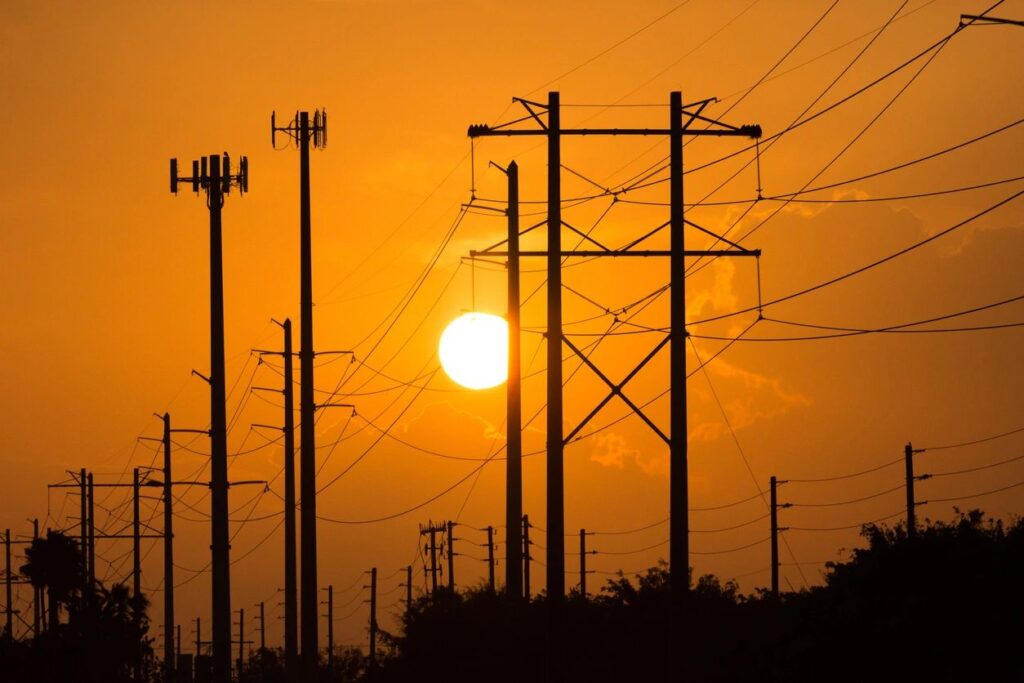
Rooftop solar offers an array of benefits to help Virginians use more clean energy while bringing down the cost of power.
But to protect their own profits, monopoly utility companies are trying to make it harder or more expensive for Virginia’s families, schools and businesses to get their own solar power.
Unreasonable Interconnection Costs
Dominion is trying to impose excessive costs on small rooftop solar projects from 250 kilowatts to 1 megawatt to connect to the public power grid (known as “interconnection”). Dominion is the largest utility company in Virginia, serving the state’s most populated regions including Northern Virginia, Hampton Roads and the city of Richmond, so what they do has a big impact on the state.
Most solar power systems cover only a portion of a customer’s electricity demand and must be connected to the grid so that the customer can continue to get the rest of their power from the utility. In addition, when a solar customer produces more power than they need, they can send the extra energy into the grid for all customers to use through a system called “net metering.” It’s a win-win situation that makes solar more affordable and also brings down costs for all utility customers, even those who don’t have solar power themselves.
In December of 2022, without approval from state regulators, Dominion unilaterallty announced new Interconnection Parameters, requiring small commercial-scale solar projects to install an advanced form of cabling called dark fiber, which costs $150,000 to $250,000 per mile.
And that’s not all. Dominion required these small solar projects to install additional hardware known as a DG Relay panel at $250,000. Then, as if that weren’t enough, engineering and construction management to make all of these pieces work together can cost $200,000 to $1,200,000 per project.
Dominion claims that this equipment is needed to ensure the reliability of electrical service and the safety of its workers. However, rooftop solar connected to the grid has been safe and effective in Virginia under net-metering rules since 1972. In fact, none of this extra equipment is necessary for a solar project to safely connect to the grid, according to experts.
But these unnecessary costs, which can raise the cost of a solar project by up to 40%, make solar impractical for public schools, churches, local governments, and other public and private customers seeking to achieve their sustainability goals through solar energy. Dominion’s interconnection requirements are especially detrimental for rural schools and communities where Dominion’s distribution grid is least developed, and where customers are least able to afford these costs.
By making solar projects more expensive, Dominion’s interconnection requirements threaten to decimate the Virginia solar industry and trigger massive job losses for solar developers, installers, and many other people employed by these small businesses.
The Solution
Dominion needs to allow solar projects to connect to the grid without imposing costs for unnecessary equipment — costs so high that they can kill an otherwise viable solar project. If the company won’t voluntarily withdraw its burdensome and illegal new interconnection requirements, then state energy regulators should suspend the new rules pending a full investigation.
